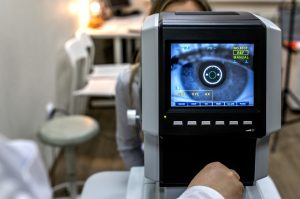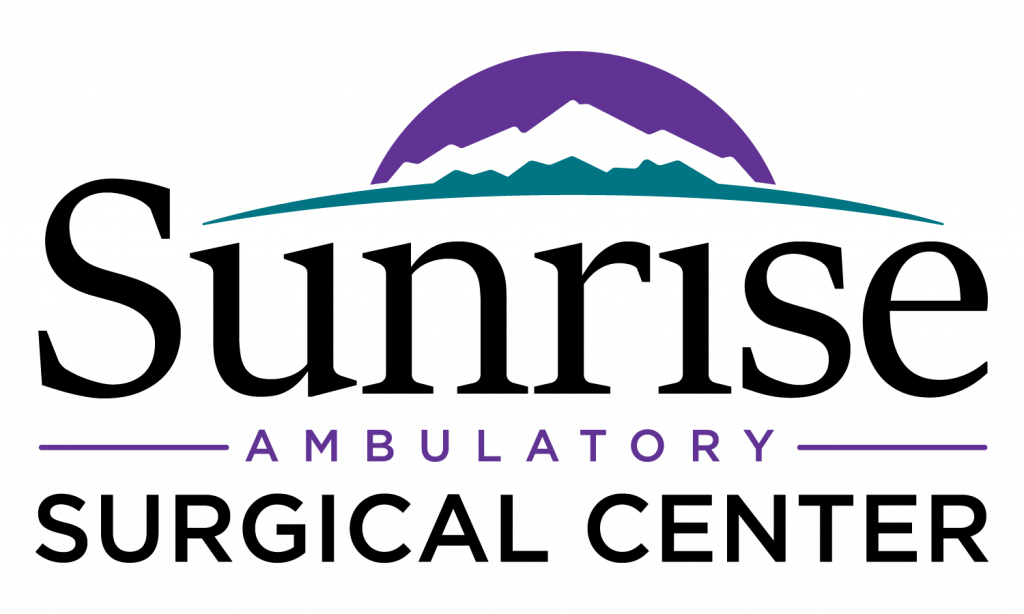Evidence for Brain-Eye Connection Could Spark New Glaucoma Treatment

A recent study reveals a new feedback pathway from the brain to the eye which regulates eye pressure, and this could promote new glaucoma treatments.
Glaucoma is associated with elevated eye pressure due to a reduced ability of the eye to regulate fluid drainage. Excess fluid in the eye causes increased pressure, which can damage the optic nerve over time. This is known as open-angle glaucoma, the most common form of glaucoma in the United States.
Brain Pressure Affects Eye Pressure
A team of neuroscientists from the University of South Florida conducted a study that proves there is a physiological connection between eye pressure and intracranial pressure (brain pressure). The researchers proved this by “altering intracranial pressure in animal models and noting changes in the fluid drainage properties of the eye that could be blocked by chemicals that eliminate feedback signals from the brain” (Science Daily).
The team found the eye was able to adapt to intracranial pressure changes to restore a healthy pressure differentiation across the optic nerve.
Chris Passaglia, PhD, professor of Medical Engineering at the University of Florida, said, “The drainage control system may service to protect the optic nerve from swings in eye or brain pressure. Its discovery offers a new target for glaucoma treatment. . .” Dr. Passaglia hopes the study can be instrumental in developing new treatments for lowering eye pressure in glaucoma patients and halting glaucoma progression.
Now, the researchers are attempting to verify the exact location of the brain cells that are transmitting messages to the eye, as well as pinpoint the nerve fibers in the eye that the brain mediates.
What Factors Influence Glaucoma Risk?
Glaucoma affects more than three million Americans, but only half are aware they have the disease. Do you know your glaucoma risk? Glaucoma usually does not have symptoms in the early stages, but it can cause permanent vision loss before any warning signs appear.
These are a few risk factors for glaucoma:
- Age 45 or older
- Family history of glaucoma
- History of injury to the eye
- African American
- History of steroid use, either in the eye (drops) or systemically (orally or injected)
- Diabetes
- Nearsighted (myopic)
- Farsighted (hyperopic)
- History of elevated intraocular pressure
What is a Comprehensive Eye Exam?
The best protection against glaucoma is routine comprehensive eye exams. Your ophthalmologist will perform a glaucoma test as well as evaluate your vision for focusing problems, refractive errors and common eye diseases.
Call your ophthalmologist today schedule a comprehensive eye exam for the whole family. Your vision is a precious gift that requires regular care.
